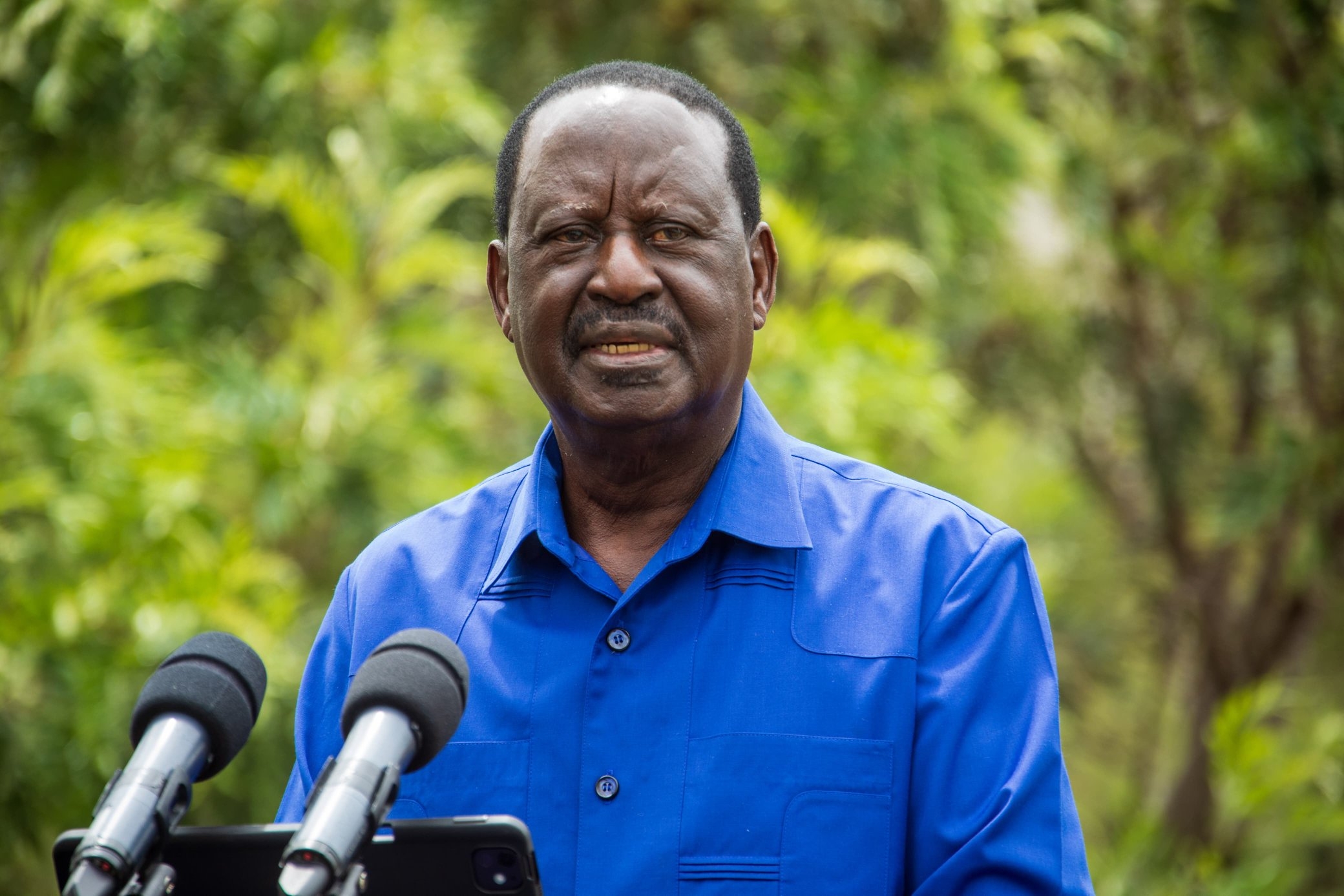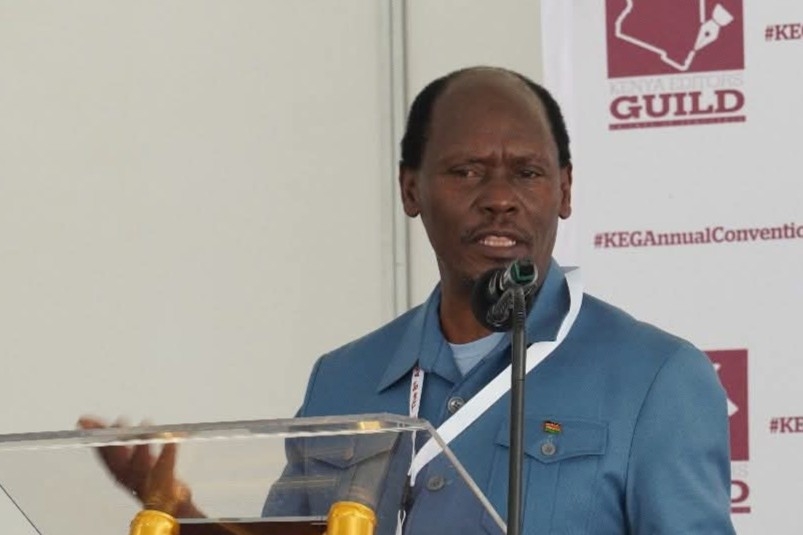The state is seeking to adopt new strategies and policies in the fight against terrorism, violent extremism, and radicalization.
This comes at a time when the world has taken a new approach to combating threats posed by terrorism due to changing times and technological advancement.
Speaking during a meeting at a Garissa hotel for the review of the Zero Draft of the National Strategy to Counter Violent Extremism, stakeholders drawn from Garissa, Tana River, and Kitui counties said terrorism has evolved with time, hence the need to counter the same by coming up with new strategies.
Several participants, drawn from the security sector, non-state actors, religious leaders, and civil society organisations attended the meeting facilitated by the National Counter Terrorism Centre.
Joseph Kanyiri from the NCTC said terrorist groups have changed their mode of operation, including using technology to lure unsuspecting people into their criminal activities.
“New terrorist narratives, ideologies, and modern technology informed this meeting. We need to keep stakeholders abreast of current trends and ways of building resilience through alternative narratives, among other things,” he said.
He said the meeting offered an opportunity to measure the country’s past successes and challenges in implementing NSCVE.
Kanyiri said terrorism remains a challenge, not only in Kenya but beyond the borders, noting that the nation has suffered both direct and indirect consequences.
“Terrorism impacts the social well-being, economy, security, and even the nation's future. It is therefore important to forge ahead on PCVE matters and take up this rallying call against terrorism and violent extremism,” he said.
“We have a situation where young boys and girls get into social media sites and become self-radicalised after coming across links that, when clicked on, lead to behaviour changes.”
He said the collaboration and partnership among stakeholders, including citizens, law enforcement agencies, religious leaders, and civil society, have all contributed towards building trust, dialogue, and information exchange, which have been pivotal in ensuring the country’s security.
The NTC team leader noted that the strategies the government carried out to reintegrate and de-radicalise Kenyans who left the country to join the terror groups have yielded success.
North Eastern regional commissioner John Otieno said flexibility and adaptability in the review process will keep the country ahead of evolving threats.
He thanked East African citizens for cooperating with the security apparatus to thwart attacks, noting that terrorism will soon be a thing of the past in the region.
“Over the years, terrorism has remained a challenge, not only in Kenya but beyond our borders. As a nation, we have all suffered, either directly or indirectly. Terrorism impacts social well-being, the economy, security, and even the future of the nation. It is therefore important to forge ahead on PCVE matters and take up this rallying call against terrorism and violent extremism,” Otieno said.
“The collaboration and partnership among stakeholders include citizens, law enforcement agencies, religious leaders, and civil society. As County Engagement Forum members, you have all contributed towards building trust, dialogue, and information exchange, which are pivotal in our national security,” he added.
In November 2023, the National Counter Terrorism Centre launched a comprehensive nationwide exercise to gather insights and feedback from various stakeholders, including community leaders, civil society organizations, security experts and the public.
The initiative sought to assess the effectiveness of the National Strategy to Counter Violent Extremism (NSCVE), which has been in place for the past seven years and to incorporate valuable perspectives into its revamp.
The initial phase of consultations yielded significant input, giving birth to a draft document that seeks to address emerging threats, incorporate good practices and strengthen collective resilience against violent extremism.












![[PHOTOS] Ruto present as NIS boss Noordin Haji's son weds](/_next/image?url=https%3A%2F%2Fcdn.radioafrica.digital%2Fimage%2F2025%2F11%2Ff8833a6a-7b6b-4e15-b378-8624f16917f0.jpg&w=3840&q=100)




